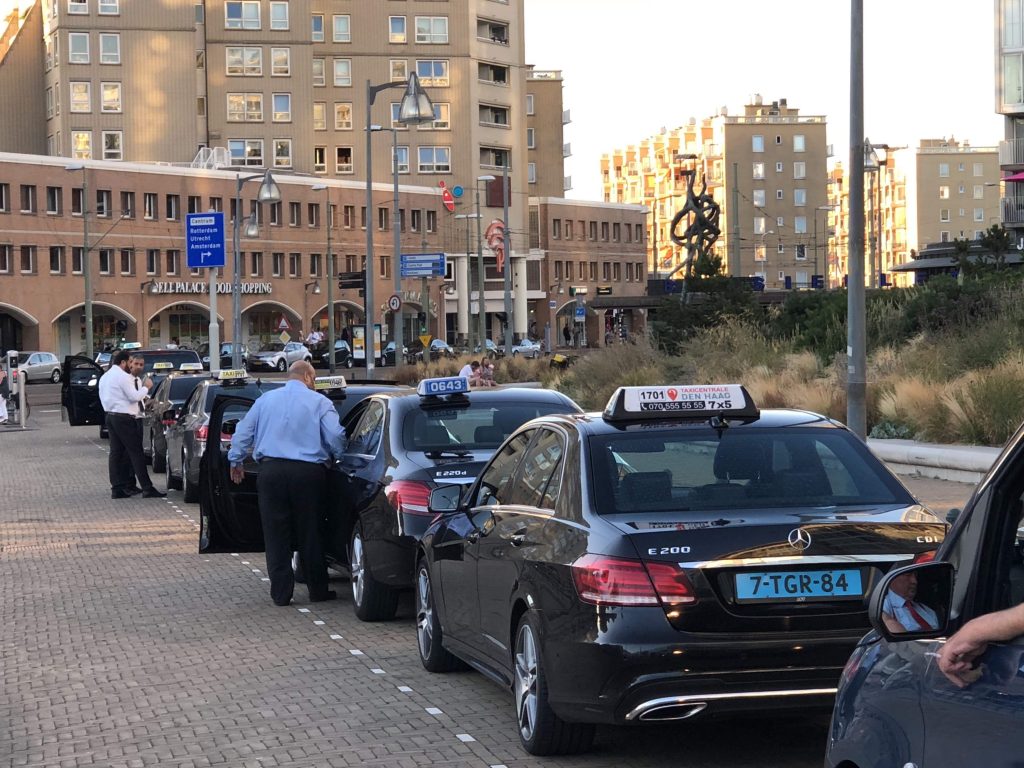The main requirement here is a living wage of at least €14 per hour for every driver.
Negotiations for the new Collective Labor Agreement for Healthcare Transport and Taxi started recently. A meeting between FNV with colleagues from the trade union CNV and the representatives of the employers (KNV) to make all proposals known to each other. When FNV handed over the proposals to the employers, something special happened: they received a blank letter back, without concrete proposals.
Did the employers have nothing in it at all their proposals stand? Yes, they especially wanted to make it clear that they are in heavy weather because of corona, high inflation and the ever-rising fuel prices. FNV indicated that their employees also have to pay the rent and energy bill and would also like to continue to eat. A list of 18 points was compiled via conversations and meetings with (executive) members and via the collective labor agreement survey, which were completed en masse.
The main requirement here is a living wage of at least €14 per hour for every driver. It is clear to the unions that the time worked is also the time paid. So, no more correction minutes or unpaid breaks. In addition, they also want full payment in the event of illness and no more waiting day. More than 2023 employees responded to the survey for the 1050 collective labor agreement.
“Employers' proposal is a wet fart in the face of those who do the work for them with wages that are far from keeping up with inflation,” concludes executive Paul, who sat at the negotiating table on behalf of the members of FNV. “Heavily disappointing!” Also says executive Annuska: “They don't take their employees seriously at all.”

heavy weather
The more recent developments in the world have also had a significant impact on the sector. The members of KNV see a sharp rise in inflation and an increase in costs due to, among other things, the fuel and the sustainability of the vehicle fleet. But also the large staff shortages and transport volumes, especially in demand-dependent care and taxi transport, which are not yet at the level of the corona crisis. Transport budgets that are under pressure and the uncertainty surrounding 'what will corona do in the autumn' does not make it easy for the industry. The sector remains in dire straits and the livelihoods of companies are still under pressure.



